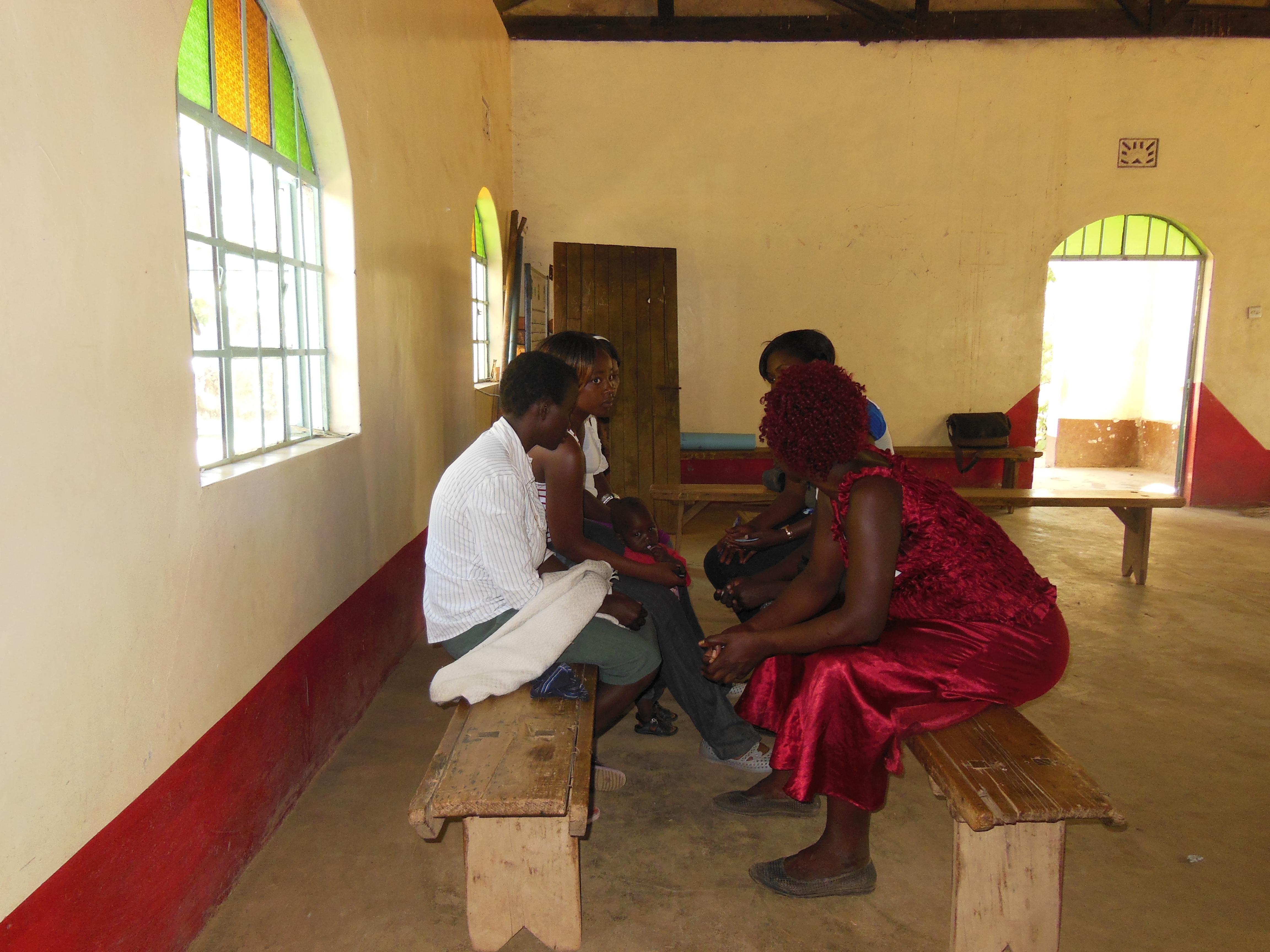Fieldwork: Breaking the Ice

Sheillah Simiyu
In this blog I thought you might be interested to hear a bit about the realities of carrying out PhD fieldwork.
It is a situation I am sure many researchers are more than familiar with:
“My name is ‘x’. I am a student in ‘x’ university. I am carrying out field work on ‘x’. You have been selected for an interview on ‘x’. The interview will not take much of your time; approximately ‘x’ minutes...”
This is typically how most of the time we, as PhD students, introduce ourselves when we meet our research participants. We explain who we are, why we are in the area, why we selected the respondent, what we are doing, how much of the respondent’s time we will take, and sometimes where we have been and where we are headed to next.
Good practice
This is good research practice. In fact, not only is it ethical, it is also courteous. Imagine if a stranger knocked on your door and started interrogating you. What would your first instinct be? Call the police? Shut the door? Welcome them in?
Once the scene has been set, the respondent has the right to allow the investigator to continue or to decline the invitation. A strong introduction is key to gaining access and, more often than not, it will be successful.
Private matters
However, imagine a situation where an investigator showed up, did the usual introduction, but then said: “I would like to interview you about sanitation practices”. The mention of such a topic, has the potential to make a respondent feel that their privacy is being infringed upon. It is a very personal matter.
So, what is likely to happen is that the respondent might either give responses that they think are right (which they possibly do not practise) or they may not give any responses at all. In such a scenario, what happens? Especially if it is pretty obvious that the respondent is not telling the truth? This is a topic for another day; for now, let’s talk about my experience.
Invaluable icebreakers
Having explained the nitty-gritty of our research to our respondents, my team and I soon realised that we were faced with a problem. Shyness. We had to create an environment where respondents felt free to talk about sanitation. The solution? An icebreaker.
Respondents were invited to a discussion, but before this began, an icebreaker, in the form of a skit, was performed. The skit mirrored normal sanitation practices in the settlements. You would not believe the difference this made.
Respondents related to the scenes they had just watched, and talked more openly and honestly about their sanitation practices. Even more interestingly, respondents challenged themselves to adopt better sanitation practices.
Important learnings
Fieldwork was a huge eye-opener. I realised that some situations require a lot of creativity! Otherwise, it is easy to end up with data that is not very useful.
